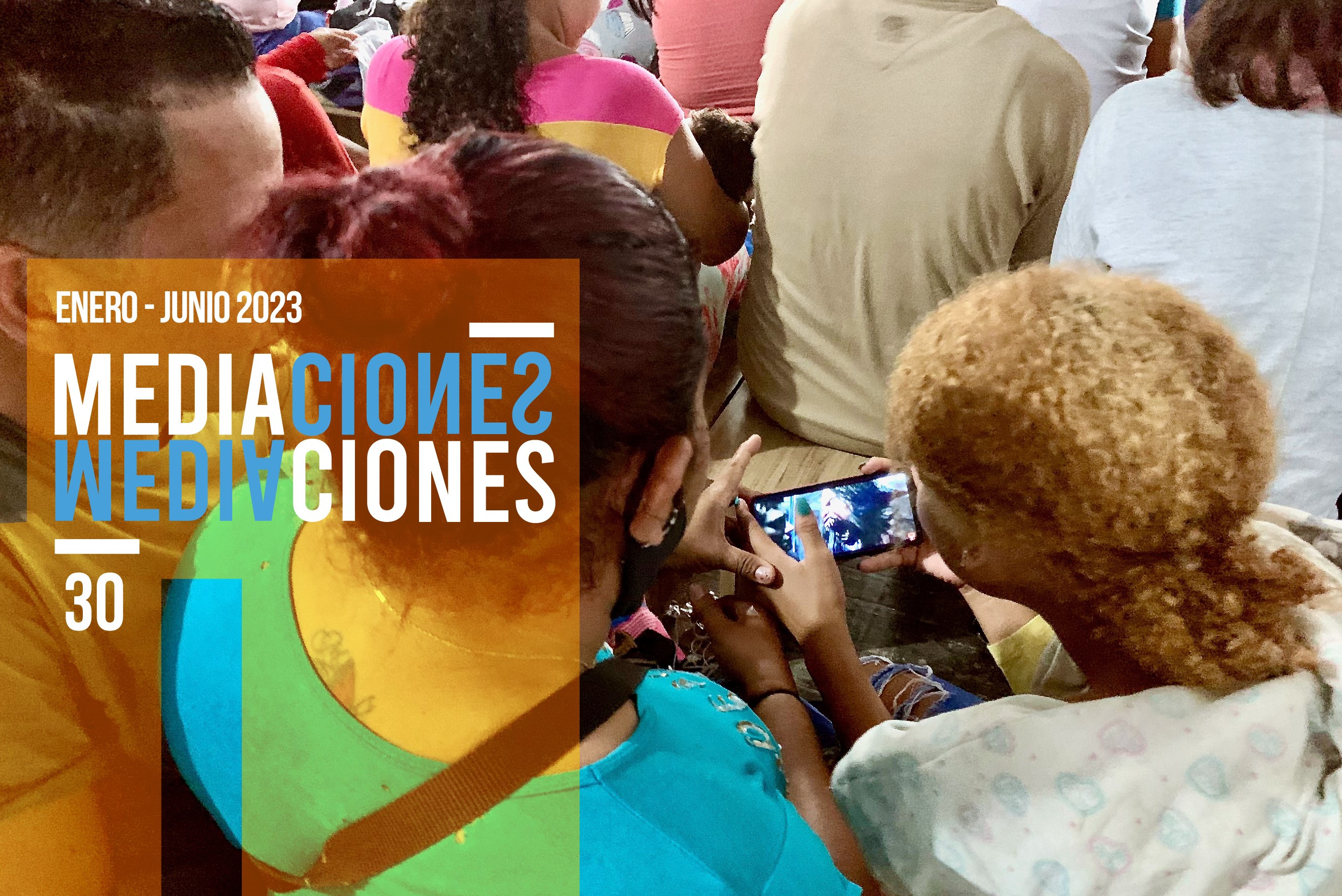Consumo de lujo inmigrante venezolano en la ciudad de Medellín desde las percepciones de los consumidores
Contenido principal del artículo
Resumen
Una de las más significativas movilizaciones de los últimos años ha sido la migración de venezolanos a Colombia, debido a las circunstancias económicas y sociales de su país de origen. Un gran número de personas ha tomado la decisión de migrar, con el fin de conservar el estilo de vida que tenían en su país natal en determinado momento. El objetivo de este estudio cualitativo y de método fenomenológico es identificar las dinámicas y prácticas de consumo de lujo de los venezolanos residentes en Medellín. Un tipo de lujo que, con el paso del tiempo, los avances tecnológicos y las redes sociales, ha hecho que este no solo esté reservado a las élites, sino que se haya transformado hacia un consumo más asequible, lo que algunos autores definen como la democratización del lujo. Para ello, se diseñó una entrevista semiestructurada con el fin de identificar motivos de migración, estilo de vida y comportamiento de consumo de diez migrantes venezolanos residentes en Medellín con un tiempo mayor a 4 años. Las respuestas dan a conocer las diferentes situaciones y vivencias que han tenido que pasar los entrevistados en su proceso migratorio, y los logros obtenidos en Medellín, los cuales les han permitido una mejor calidad de vida y una estabilidad económica que les facilita consumir ciertos artículos de lujo. Han alcanzado cierto estatus socioeconómico que les posibilita un consumo no solo de supervivencia, como el imaginario que se tiene del migrante en general, sino un consumo de lujo más acorde a su situación actual.
Detalles del artículo
Sección

Esta obra está bajo una licencia internacional Creative Commons Atribución 4.0.
![]()
Revista MEDIACIONES © 2024 por Corporación Universitaria Minuto de Dios - UNIMINUTO está licenciada bajo Creative Commons BY.
Cómo citar
Referencias
Acnur (s.f). “Venezuela: crisis de refugiados y migrantes” [en línea], recuperado de:
https://eacnur.org/es/labor/emergencias/Venezuela-crisis-de-refugiados-y-migrantes
Allérès, D. (2000). Luxo … Estrategias de Marketing. FGV Editora: Río de Janeiro.
Babbie, E. (2000). Fundamentos de la investigación social. Internacional Thompson Editores.
México.
Berry, J.W. (1997). Immigration, Acculturation, and Adaptation. Applied Psychology, An
International Review, 46 (1), 5–34. https://doi.org/10.1111/j.1464-0597.1997.tb01087.x
Boneva, B., y Frieze, I. (2001). Toward a concept of a migrant personality. Journal of Social
Issues, 57(3), 477-491.
Campuzano, S. (2007). El Universo del Lujo, una visión global y estratégica para professionales
y amantes del lujo. Mc Graw Hill: Aravaca (Madrid).
Cleveland, M. y Laroche, M. (2007). Acculturaton to the global consumer culture: Scale
development and research paradigm. Journal of Business Research, Volume 60, Issue 3, 249-259. ISSN 0148-2963.
Crespo, M., y Salamanca, A. (2007). El muestreo en la investigación cualitativa. Nure
investigación. 27.
Crouch, M., McKenzie, H. (2006). The logic of small samples in interview-based qualitative
research. Social Science Information; 45(4):483-499
Cotán, A. (2016). El sentido de la investigación cualitativa. Escuela abierta. 19. 33-48.
DANE (s.f). Estratificación socioeconómica para servicios públicos domiciliarios. Recuperado
Ferrer, R., Palacio, J., Hoyos, O., y Madariaga, C. (2014). Acculturation process and Immigrant’s
Adaptation: Individual characteristics and Social Networks. Psicología desde el Caribe. Obtenido de https://www.redalyc.org/pdf/213/21332837009.pdf
Fusch, P., y Ness, L. (2015). Are We There Yet? Data Saturation in Qualitative Research.
Qualitative Report, 20, 1408-1416. https://nsuworks.nova.edu/tqr/vol20/iss9/3
Galeano, M.E. (2004), Diseño de proyectos en la investigación cualitativa, Medellín, Universidad
Eafit.
Hernández, R., Fernández, C., y Baptista, P. (2014). Metodología de la investigación (6a. ed.).
México D.F.: McGraw-Hill.
Johnson, R., y Christensen, L. (2008). Educational Research: Quantitative, Qualitative, and
Mixed Approaches. 3rd Edition, Sage Publications, Inc., Lose Angeles.
Liberal, S., y Sierra, J. (2016). El consumo de marcas de lujo: significado y hábitos de compra.
Opción, 32(7). Recuperado de https://produccioncientificaluz.org/index.php/opcion/article/view/21515
Lipovetsky, G., y Roux, E. (2004). El lujo eterno. De la era de lo sagrado al tiempo de las marcas.
Anagrama: Barcelona.
Nieto, R., y Almaraz, I. (2009). Creatividad e investigación en la publicidad dirigida al colectivo
inmigrante: la senda de la integración. Comunicación y Hombre. 10.32466/eufv-cyh.2009.5.107.119-128. Boneva, B. y Frieze, I. (2001). Toward a concept of a migrant personality. Journal of Social.
Núñez, C., y Celis, I. (2017). La Fenomenología de Husserl y Heidegger. Cultura de Los
Cuidados, 21(48), 43-50. https://doi.org/10.14198/cuid.2017.48.05
Yeoman, I. (2011). Los comportamientos cambiantes del consumo de lujo. J Revenue Pricing
Manag 10, 47–50. https://doi.org/10.1057/rpm.2010.43
World Bank Group. (2018). Migración desde Venezuela a Colombia: Impactos y Estrategia de
Respuesta en el Corto y Mediano Plazo. World Bank, Colombia. https://openknowledge.worldbank.org/handle/10986/30651 License: CC BY 3.0 IGO





